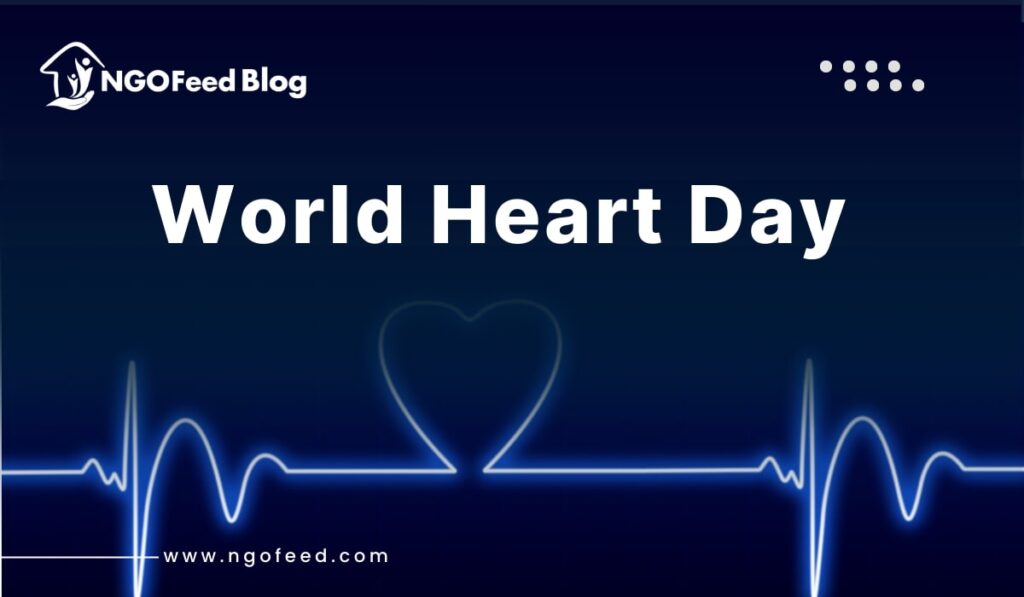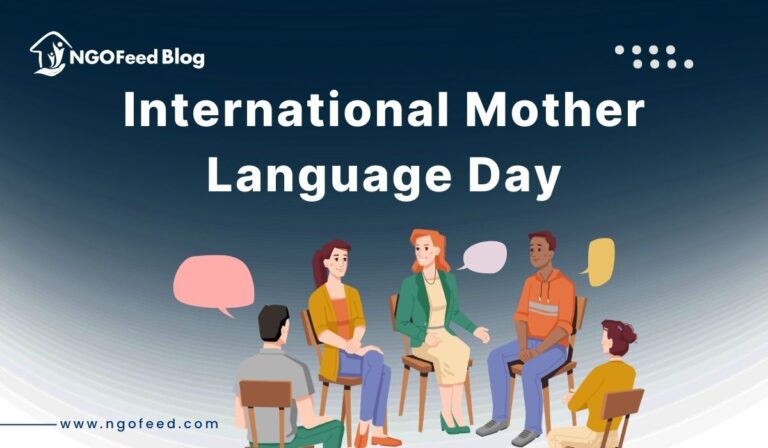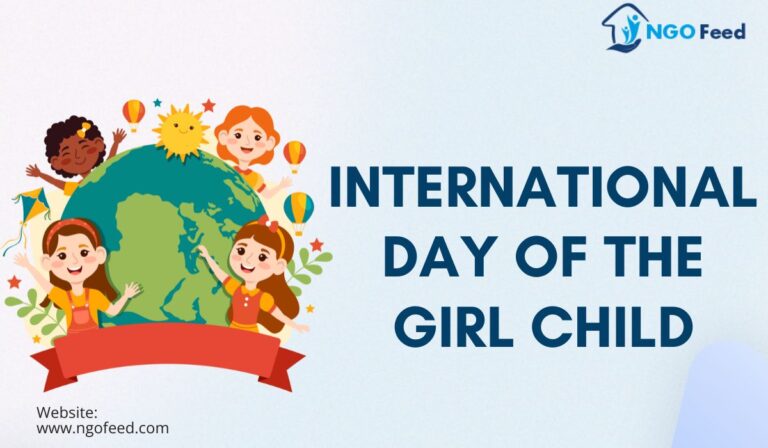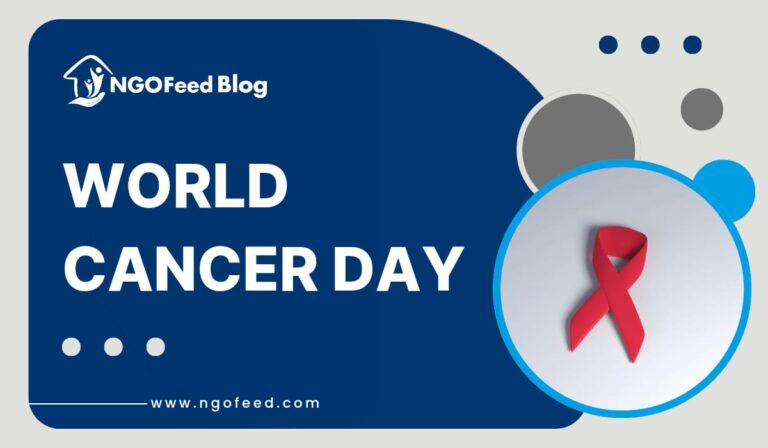Observed annually on 29 September, World Heart Day is an international effort meant to raise awareness of cardiovascular health. Almost 18 million people perish annually, making cardiovascular diseases (CVDs) still the first cause of death globally. Most of these fatalities may be avoided if individuals live healthier lifestyles, get routine medical examinations, and control risk factors appropriately.
Organized by the World Heart Federation (WHF), the day underlines that little but powerful daily decisions enable each person to control their heart health. It reminds us that safeguarding one’s heart is not only an individual obligation but also a communal one aimed at creating a better society and lowering the worldwide health burden.
Table of Contents
World Heart Day Origin and History
- Begun by the World Heart Federation (WHF).
- Year of Start: 2000.
- Founded: Dr. Antoni Bayes de Luna, then President of WHF.
- Celebrated at first on the last Sunday of September, was set for 29 September to ensure worldwide uniformity.
- The day has turned into a global cause, involving governments, NGOs, healthcare facilities, schools, companies, and people.
Also Read: WHO Global Nutrition Targets 2025
World Heart Day Targets and Aims
Among other lofty targets, World Heart Day seeks:
- Increasing Awareness: Teaching others about heart disease, risk factors, and preventive strategies.
- Encouragement of a balanced diet, consistent activity, stress management, and abstinence from alcohol and tobacco promotes a healthy lifestyle.
- Early detection and prompt treatment: highlighting the need of regular check-ups and medical care.
- Policy Advocacy: Encouraging governments to put more robust public health regulations on nutrition, healthcare access, and awareness.
- Bringing together people all around to battle heart disorders by means of a common dedication.
Why World Heart Day Matters?
- Leading Cause of Death: Together, cardiovascular disorders kill more people than diabetes, respiratory illnesses, or cancer.
- Natural Prevention: Through lifestyle modifications, up to 80% of strokes and premature heart attacks can be avoided.
- Expense of ignorance: Heart illnesses not only cause pain but also impose a big financial load on families and the healthcare system.
- Global Reach: Low-income to affluent nations, CVDs strike persons of all social and economic backgrounds.
World Heart Day 2025 Theme
Would you want me to quickly look up the official topic for World Heart Day 2025 from the most recent WHF/WHO releases? Every year the theme varies; previous ones included “Use Heart to Connect” and “Use Heart for Every Heart.”
Also Read: Role of NGOs in Cancer Care
Why World Heart Day?
World Heart Day is celebrated throughout with imaginative, educational, and community-focused projects:
- Free heart tests, including BP, glucose, cholesterol, and BMI; health screenings.
- Walkathons, marathons, cycling events, and yoga lessons are among fitness activities.
- Social media challenges, posters, brochures, television and radio shows, and awareness campaigns.
- Educational Sessions: Healthy cooking seminars, patient interaction initiatives, and speeches by cardiologists.
- Kids will be drawn to contests, awareness skits, and amusing activities as part of school programs.
- Stress management classes, complimentary health check-ups for workers, and corporate wellness programs.
Role of Organizations and NGOs in World Heart Day
- By: NGOs, hospitals, and community-based groups are very important
- Offering free medical camps in poor and remote regions.
- Public spaces and schools are where awareness campaigns are organized.
- Working with governmental agencies on health policy changes.
- Helping patients by means of reasonably priced treatment plans and counseling.
- Working with international groups, including the WHF, UN, and WHO.
Also Read: WHO Mental Health Action Plan to 2030 & Beyond
Individual Effort
Everyone can help make a difference by means of:
- Eating a heart-healthy food high in veggies, fruits, and entire grains.
- Doing 30 minutes of daily workouts.
- Quitting smoking and restricting alcohol consumption.
- Proper weight, sleep, and stress management
- Encourage those closest to go for routine examinations. Using social media to raise knowledge.
Conclusion
World Heart Day is more than just a health awareness campaign; it is a global call to action reminding us that heart health is both a personal and collective responsibility. By making small but consistent lifestyle changes—choosing nutritious food, engaging in regular physical activity, avoiding harmful habits, and scheduling routine check-ups—we can significantly reduce the risk of cardiovascular diseases.
At the same time, governments, healthcare systems, NGOs, and organizations must work together to ensure that information, prevention, and treatment are accessible to all, including vulnerable communities. The observance of this day each year inspires a sense of shared responsibility, uniting people across nations in the fight against one of the leading global health challenges.
Ultimately, World Heart Day teaches us that every heartbeat matters. Protecting our hearts today ensures a healthier tomorrow, not only for ourselves but for future generations.
Also Read: Health & Family Welfare Sector NGOs in India
Frequently Asked Questions (FAQs)
Q1. What is World Heart Day?
World Heart Day is a global awareness day observed on 29 September to promote cardiovascular health and encourage preventive steps against heart disease.
Q2. Who started World Heart Day?
It was launched by the World Heart Federation (WHF) in 2000 under Dr. Antoni Bayés de Luna.
Q3. Why is World Heart Day important?
Because cardiovascular diseases are the world’s leading cause of death, yet most cases are preventable through lifestyle changes and timely healthcare.
Q4. What are the common causes of heart disease?
High blood pressure, high cholesterol, smoking, diabetes, obesity, stress, poor diet, and lack of exercise.
Q5. How can I keep my heart healthy?
Eat nutritious food, stay physically active, avoid smoking/alcohol, manage stress, get enough sleep, and go for regular check-ups.









